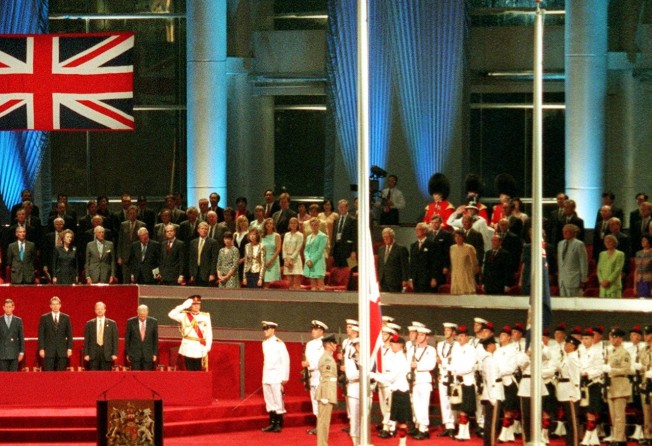Letters to the Editor, July 2, 2017

People wonder about Beijing’s plans for HK
I agree with those commentators who believe that “one country, two systems” will remain unchanged after 2047 only if Hong Kong is not used as a base for subversion.
There is no doubt that Beijing is delighted to see the special administrative region becoming increasingly prosperous and stable under its sovereignty. But whether Beijing cares for Hongkongers or its dignity and interests is a question which is of concern to many people.
Since the Sino-British Joint Declaration signed in 1984, British leaders have not seen eye to eye with their counterparts in Beijing on various issues.
Some of the journalists from the Western media who came to Hong Kong to cover the handover 20 years ago were focusing more on the social unrest they predicted rather than the ceremony. They would have been disappointed to see that Hongkongers behaved with self-restraint. There were no riots. The mindset of some of the Western media was unacceptable.
Since the return of sovereignty to Beijing, Hong Kong has enjoyed a high degree of autonomy under “one country, two systems”.
However, some important and sensitive policies are overseen and decided upon by the central government. An example of this was its decision that under proposed political reforms, the election of the chief executive would not be allowed under genuine universal suffrage.
Since Hong Kong is a part of China and one country is greater than two systems, Beijing will interfere in the internal affairs of Hong Kong when it feels this is necessary. What matters is how that is done and what are the motivating factors.
If genuine political reforms are not allowed, and Beijing just treats Hong Kong as simply the goose that lays the golden egg, it will not really differ from how the city was ruled during the colonial period.
Barnaby Ieong, Macau
Why green fields became brownfields
I am glad that after all these years, Allan Hay has raised the Melhado case in his letter (“Brownfield sites shouldn’t be out of reach”, June 16).
It has a rather curious history. Mr Hay will remember that it was about that time that the administration of land in the New Territories passed from the administrative service (myself at that time) to the professional officers of the director of lands. Agricultural land in the New Territories, it was argued by Melhado, was in no way different from the farmland of England where farmers were permitted to store all manner of things on their land.
At about this time, no thought, or, shall we say, very little thought, was given by the Planning Department to the needs of the burgeoning container trade and the storage of containers. The green fields of the New Territories became the brownfields of today: one problem was solved and another created.
David Akers -Jones, Tsim Sha Tsui
Quality of life issues should not be ignored
New policies are needed to make much-needed improvements in Hong Kong, including air pollution.
Ways must be found to reduce the emissions from the plants of our two power firms. A lot pollution is created by burning fossil fuel like coal.
I also believe that with a much better urban planning programme, the government could gradually reduce levels of pollution.
For example, when property developers are planning a large building project, they could be required to provide a far higher percentage of green areas. This should be part of a government strategy of sustainable development, in other words, striking a balance between developing urban areas and protecting the environment.
The administration must also do more to address the city’s serious housing problems. Some surveys say Hong Kong’s property prices are the highest in the world and more people are forced to live in flats which keep getting smaller. Compare this with the size of flats in many other developed cities.
Finding affordable housing is very difficult for many people. High rents also affect many small shops, which are struggling to survive. With these overheads, they cannot compete with the large chains.
All these problems put off some expatriates from coming here to live.
The government can improve the quality of life in Hong Kong by studying policies which have been introduced by other cities and countries.
Joyce Li Hei-ying, Yau Yat Chuen
Bureau must listen to voices of students
The older generation thinks that today’s student are too weak and cannot deal with stress and so some take their own lives.
However, I do not think that is the case. The demands on young people are greater than for previous generations. Now, if you want to get even a fairly good job, you need to have a university degree. This is due to changes in the economy and society. Without that degree, your prospects are limited.
Parents and schools realise this and so they push young people to do well academically. This increases the pressure and can lead to depression.
Too often, students’ views are ignored, their voices are not heard. The Education Bureau has to listen to their grievances and their wishes. They want the chance to enjoy their childhood and their school life, without endless tests and so much pressure.
Citizens need to appreciate the stress levels of young people caused by this flawed education system.
Cam Cheung Hang- yi, Hang Hau